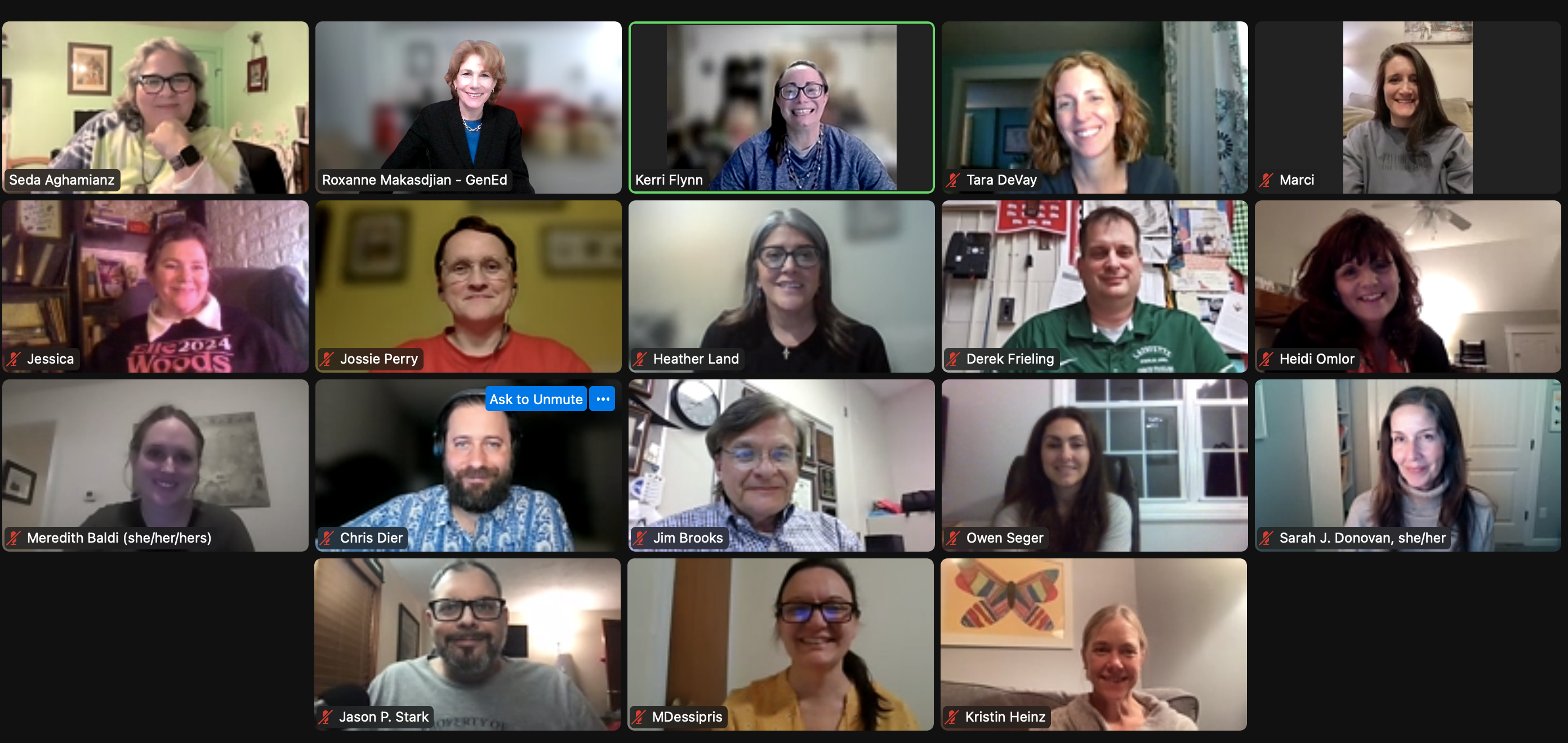
Fifteen U.S. high school teachers have been selected to participate in the GenEd Teacher Fellowship Program in 2024. The two-phased program includes a 10-day intensive professional development trip to Armenia, after which GenEd Teacher Fellows will lead their own teacher training workshops in their home regions over the 2024-2025 school year.
The 2024 GenEd Teacher Fellows are from 15 different U.S. states, bringing the total number of states covered since the inception of the program in 2022 to 29. During their July 6-14 trip to Armenia, they will spend most academic and workshop sessions at the Armenian Genocide Museum-Institute (AGMI) in Yerevan, with its in-depth museum exhibits, archives, artifacts and scholarship on the Armenian Genocide and its continuing effects. They’ll also spend a day at the American University of Armenia learning about today’s Armenia and take field trips aligned with their workshop content.
“We’re thrilled at the caliber, expertise and experience of our 2024 GenEd Teacher Fellows and the keen interest they’ve already shown us for enhancing their understanding of Armenia, teaching about genocide and its ongoing effects, and for sharing that understanding with their fellow teachers,” said GenEd Executive Director Roxanne Makasdjian.
Meet the new GenEd Teacher Fellows

Meredith Baldi (Newtown, PA) is a history teacher and the service learning coordinator at George School. In addition to global politics, she created and teaches “Producing Peace: Civic Media Literacy & Production,” which combines history with creative art. She leads students on international human rights service trips, is the faculty sponsor of her school’s Amnesty International club and is a lead educator with the non-profit RFK Human Rights.

Jim Brooks, Ph.D. (North Wilkesboro, NC) has taught journalism, Latin, AP literature and composition at West Wilkes High School for 39 years. A National Board Certified Teacher with a doctorate in education, he incorporates Holocaust and genocide literature into his English curriculum. Brooks was inducted into the National Teacher Hall of Fame in 2012 and serves on the Board of Directors of the National Board for Professional Teaching Standards.

Maria Esmerian-Dessipris (Bloomfield, NJ) is a native of Buenos Aires, Argentina, and teaches Spanish at Glen Ridge High School in New Jersey. She holds a bachelor’s degree in foreign language education and teaching and a master’s degree in urban education. Esmerian-Dessipris’ professional and educational experiences in the Americas and Europe focus on diversity and multilingualism. She advises the Spanish Club, the National Spanish Honor Society and the Sociedad Hispánica de Amistad. She has garnered numerous awards and positions from the American Association of Teachers of Spanish and Portuguese.

Tara DeVay (Batavia, NY) has been teaching social studies for 22 years. In addition to teaching a genocide studies elective course that she designed, DeVay also teaches AP world history, AP U.S. history, global history and geography, and sociology. She is a United States Holocaust Memorial Museum teacher fellow, serves as the social studies department chair and is the founder of a student humanitarian club titled the Do Gooders.

Chris Dier (New Orleans, LA) teaches history at Benjamin Franklin High School in New Orleans. He was named 2020 Louisiana Teacher of the Year, a finalist for 2020 National Teacher of the Year and the 2021 Gilder Lehrman Louisiana Teacher of the Year. Dier has master’s degrees in teaching and educational administration, has received numerous other awards and fellowships and is pursuing a Ph.D. in curriculum development. He also wrote the book The 1868 St. Bernard Parish Massacre about the chilling massacre of scores of African Americans in Louisiana.

Sarah J. Donovan, Ph.D. (Stillwater, OK) has taught English language arts for 20 years. As an assistant professor at Oklahoma State University, she has made important contributions to literacy and teacher education. She’s written extensively about teaching, with a focus on ethical and inclusive teaching practices, including her book Genocide Literature in Middle and Secondary Classrooms: Rhetoric, Witnessing, and Social Action in a Time of Standards and Accountability, as well as pieces in numerous educational journals.

Derek Frieling (Savannah, MO) teaches at Troy High School in Kansas. He teaches world history, American history, psychology/sociology and government and is an adjunct professor at Missouri Western State University teaching methods of teaching social studies. Frieling focuses on actively bringing learning alive in his classroom. He encourages his students to learn by doing and plans to use the GenEd Teacher Fellowship Program to develop further learning opportunities for his students.

Jessica Harbour (Lonoke, AR) is in her twelfth year teaching social studies. Having served as Social Studies Department head and as a founding teacher of her school’s unique Envision program, Harbour is focused on learning techniques and strategies to help students safely navigate the topic of genocide. Her previous studies on genocide at Seton Hill University, in Cambodia and in Poland with the Pilecki Institut have led her to begin the development of lessons on the study of recovery and renewal after genocidal events throughout the 20th century.
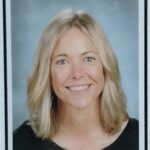
Kristin Heinz (Stillwater, MN) teaches AP world history, history of the Pacific and Indian world and human geography at Mounds View High School. Next year, she will also be teaching and writing the curriculum for a Holocaust and Genocide Studies course, which is being offered for the first time at her school. Heinz realized the importance of teaching the lessons of genocide while on a trip to Rwanda, where she was able to do an in-depth study of the 1994 genocide.

Heather Land (Mesa, AZ) has taught English for 24 years. She currently teaches Holocaust literature and AP literature at Mountain View High School. She is the English department chair, a WWII Museum Fellow and a Yad Vashem Museum Fellow and serves on the Phoenix Holocaust Education Committee. Land holds a master’s degree in educational leadership and has held multiple leadership positions that helped improve teaching and learning at her school.

Heidi Omlor, Ph.D. (Ellsworth, Maine), has been a social studies teacher for 25 years and is the chair of the Sousa Mendes Foundation’s Education Initiatives Committee. In 2019, Omlor and her students successfully presented a bill to the Maine State Legislature making Holocaust and genocide education mandatory in the state. With a master’s and Ph.D. in Holocaust and Genocide Studies, Omlor believes educating students about genocide builds empathy and compassion, empowering them to help others.
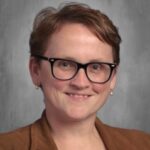
Jossie Perry (Elkton, MD) is a National Board-certified teacher in social studies-history. She teaches honors U.S. history, contemporary world studies and AP human geography at Rising Sun High School in Maryland. She is a lesson contributor to the upcoming Holocaust Curriculum Guide from the National World War II Museum.

Tara Seger (Narragansett, RI) is a veteran social studies teacher at Scituate High School in Rhode Island, teaching modern world history, U.S. history and Middle East conflicts. During her Middle East study tours, Seger interviewed dozens of refugees from conflict zones, from which she authored the book Refugee Realities, which includes classroom ideas for teachers and students.
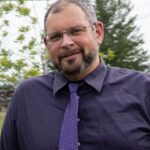
Jason P. Stark (Peabody, MA) is a history and genocide studies educator at Essex North Shore Agricultural and Technical School in Hawthorne, Massachusetts. His passion for genocide education stems from his grandmother’s escape from Nazi Germany in 1939 after losing her parents and brother in the gas chambers of Sobibor. The comparative genocide studies course he co-teaches has garnered national attention, and he has been a vigorous advocate for genocide education in Massachusetts.
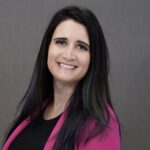
Marci Ward (Bedford, TX) teaches AP world history and AP psychology at iUniversity Prep. Fueled by her passion for intercultural learning, she sponsors the World Cultures Club and serves on the teacher advisory committee for World Affairs Council Dallas-Fort Worth. She is also currently pursuing a Ph.D. in counseling psychology from Texas Woman’s University. Ward has garnered numerous education awards and designations as a result of her expertise and passion for working with diverse student populations and for teaching about human rights.



Be the first to comment